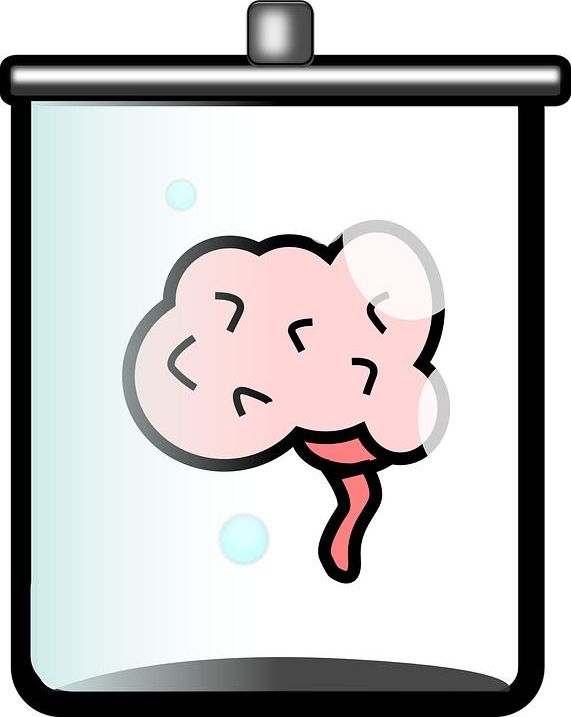A Yale University experiment, led by neuroscientist Nenad Sestanwhich reawakened the brains of slaughtered pigs has raised speculation that human trials could be next, renewing ethical concerns over the pursuit of immortality. In the experiments, the pigs did not regain consciousness but Sestan acknowledged that restoring awareness is a possibility and that the technique could work on humans, keeping the brain alive indefinitely.
Nottingham Trent University ethics researcher Benjamin Curtis says ending up as a disembodied brain might just be a “living hell.” Writing in The Conversation he suggested that living without any actual contact with reality could be a fate worse than death. “Some have argued that even with a fully functional body, immortality would be tedious. With absolutely no contact with external reality, it might just be a living hell,” Curtis wrote.
Curtis explained that the brain is highly integrated with the rest of the body in both humans and animals. It is constantly receiving and sending signals from and to it. “We have no idea what experiences would occur within a disembodied brain. But those experiences may well be deeply disturbing,” he said.
